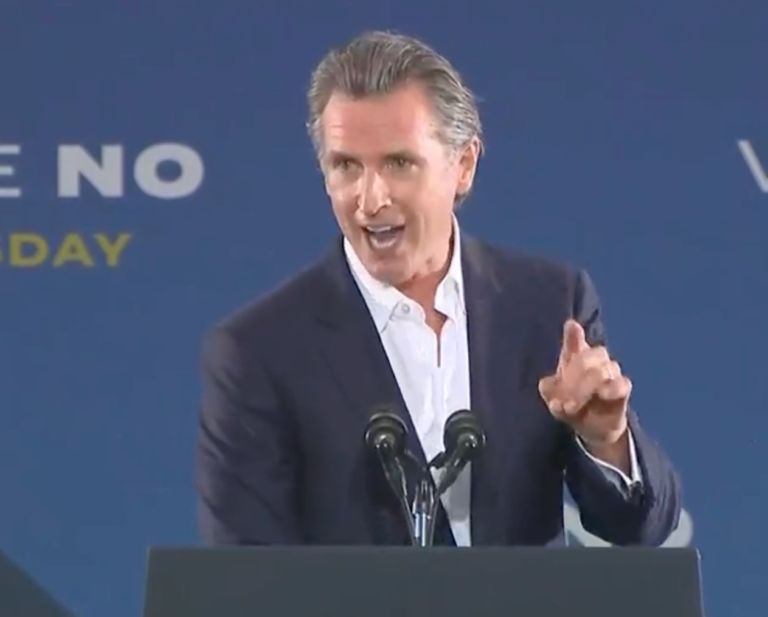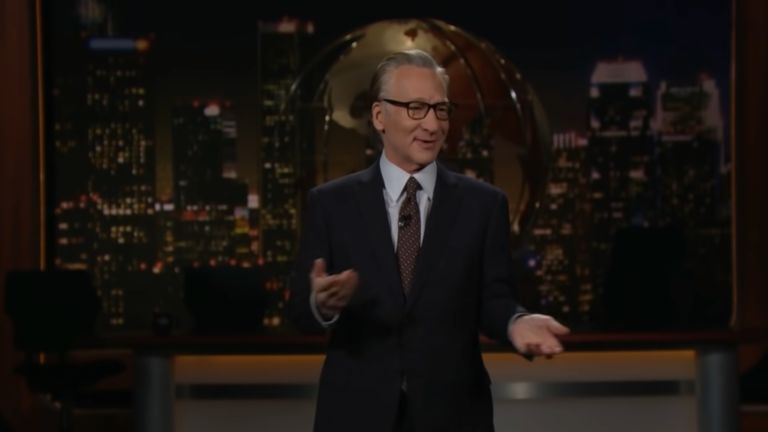- Progressives declare such things as health care and housing to be “human rights” as a precursor for more government intrusion
- Economic goods are not rights
- Advocates of freedom must equip themselves with arguments dispelling the myth that goods are rights
Nothing that requires the labor of others is a right.
This retort is a blunt instrument against claims that economic goods like health care, housing, and childcare are “rights.”
The goal of progressives who declare such goods to be rights is to advocate for greater government control over the provision of such goods. Any opponents of “Medicare for All” or other government intrusions can then be dismissed as wanting to deny others of basic human rights.
Declaring vital, basic needs like health care and housing to be human rights serves as a powerful rhetorical tool that appeals to people’s compassion and concern for society’s least well-off.
Which makes it all the more important for advocates of liberty to be equipped with arguments to debunk the fallacy of health care, housing, and other goods being labeled “human rights.”
The provision of such essential goods is too important to be allowed to be taken over by government, a process we know will increase the cost of such goods to society while decreasing its quality.
Goods Are Not Rights
The next time you encounter someone making the argument that people have a “right” to health care or housing, ask them “how much”?
The next time you encounter someone making the argument that people have a ‘right’ to health care or housing, ask them ‘how much’?
That is, how much health care does everyone have a right to? One annual checkup, unlimited care, only certain procedures, constant concierge service?
And how much housing does everyone have a right to? A mansion, a four-bedroom house, a studio apartment?
Such questions underscore the point that health care and housing are not unlimited; they must be rationed by some system. Not everyone can enjoy unlimited medical procedures or live in a three-story beach house.
These questions reveal that we are discussing scarce economic goods, not rights. Economic goods, by definition, are scarce. By scarce we mean that they are objects of choice, because when an economic good is chosen for one purpose, it is precluded from being used for other purposes. A doctor performing surgery all day on Jones is not available to perform surgery also on Smith that same day. A hospital bed being occupied by Jane cannot also be used by Joe at the same time.
Conversely, actual rights are not like scarce economic goods. Instead, they are universal. Everyone can enjoy their rights simultaneously; rights don’t need to be rationed. Each of us can enjoy the right to live free from aggression and harm from others without limiting anyone else’s ability to do so.
Rights don’t need to be rationed. They are universal.
There Is No Right to the Labor of Others
Additionally, goods like health care and housing don’t exist in nature. They require the labor of others to provide. Medical treatment requires the labor of doctors. Houses require the labor of construction workers. Medicines require the labor of researchers and manufacturers.
When progressives argue that people have a “right” to goods like health care and housing, they are really arguing that people have a right to the labor of others. Let that sink in.
And don’t be fooled by politicians’ promises of “free” health care or college. In reality, this is not magically making these economic goods materialize without any costs to anyone. Rather, it involves shifting the costs of such goods from the user to others. And how would that shifted cost be paid for? By taxing the labor of others. In other words, others would need to work to generate income to be taxed to pay for these “free” goods.
So let me repeat: Nothing that requires the labor of others is a right.
Conclusion
If something is scarce and not universal, it is an economic good. Moreover, if something requires the labor of others, it is not a right.
Arm yourself with these arguments when confronted by those attempting to declare goods like health care, housing, childcare, and any number of other scarce economic goods as “human rights.”
The attempt to classify these scarce economic goods as “rights” is a means to create public sympathy and support for the expansion of government power over more aspects of our lives.
Our rights precede government. Government’s role is to protect these rights, not invent new ones.


